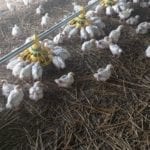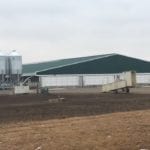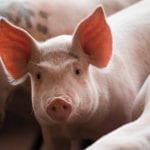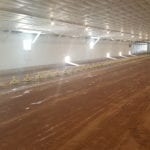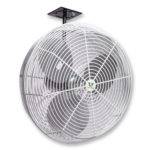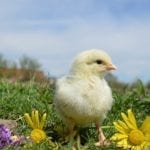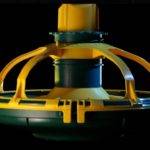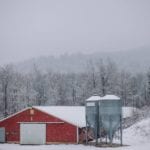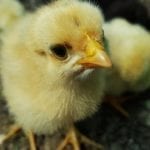
Feeding Frenzy: Developing Healthy Appetites
Four important factors play into a successful brooding period. Temperature, air quality, water, and feed are all necessary to give baby birds the best jump start in life. It’s easy to focus too much on temperature, after all, day old chicks lack the ability to maintain their body temperature on their own. But the modern-day […]
Read More >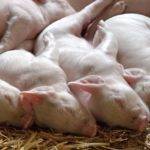
Avoid Heat Stressed Pigs by Avoiding These Ventilation Problems
There are four factors that make a pig productive: feed, water, environment, and stockmanship. They all require careful management to result in the best performance, but they can be ranked based on necessity. Stockmanship: It’s important to use mindful stockmanship to have great performance, but pigs will live with or without it. Stockmanship can alter […]
Read More >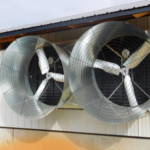
Seasonal Challenges – Summer Heat Slideshow
Summer heat can be stressful. Learn how to handle it here. Subscribe to our blog!
Read More >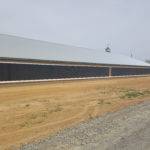
Caring for Air Conditioning – Keeping cool cells… cool
Summer time heat. Everyone’s least favorite seasonal challenge. If only cooling the poultry farm was as easy as cooling our homes. Alas, there are very few barns where you can close up the windows and blast the A/C, but most barns can garner a few degrees of relief thanks to evaporative cooling systems. Pad cooling systems are […]
Read More >
Mitigating Heat Stress in Livestock
We’ve all seen it before – it’s the middle of the day and your broilers are hunkered down on the floor, wings slightly spread, and panting fast. Your birds are too hot, and are spending their energy trying to cool themselves rather than eating, drinking, and growing. In swine we see similar actions – pigs […]
Read More >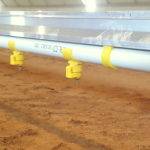
Poultry Watering Lines: Maintenance Simplified
Water is arguably the most important factor in raising healthy chickens, turkeys, or ducks. Water needs to be clean and fresh at all times, but the reality is that birds are dirty, and often water lines are, too. A little bit of maintenance can go a long way in making sure that the water supply […]
Read More >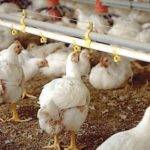
Managing Effects of ABF Production on Equipment
Over the past few years producers, integrators, and manufacturers have worked hard to develop an antibiotic-free production system that works. Many of these systems use a series of supplements such as probiotics, prebiotics, essential oils or additional electrolytes, vitamins, and minerals to encourage healthy intestinal flora and build resistance to disease. However, with time, we’ve […]
Read More >
Best Management Practices for Broiler Brooding
If you haven’t seen it already, the Chicken Farmers of Ontario recently released a short video detailing some Best Management Practices of broiler brooding. Throughout the video, Dr. Scott Gillingham stresses the importance of stockmanship, biosecurity, and attention to detail. We’ll summarize some of his main points below, but strongly encourage you to check out […]
Read More >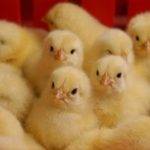
Brooding Healthy Birds – A Pre-Placement Checklist
Chicks are dependent on their environment to survive the early days of life. Because they cannot regulate their own body temperature, they require a warm brood chamber and easy access to food and water. The down feathers on chicks offer poor insulation and they will quickly lose heat through radiation (to the air), conduction (contact […]
Read More >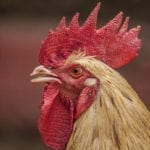
10 Interesting Facts about Chicken Vision
Whether in commercial flocks or backyard coops, chickens are endlessly fascinating. While we might never understand what all those quirky head nods mean, we can get a better sense of how chickens see the world with these 10 interesting facts about chicken vision. A chicken’s eyes are about 10% the entire mass of its head. […]
Read More >
